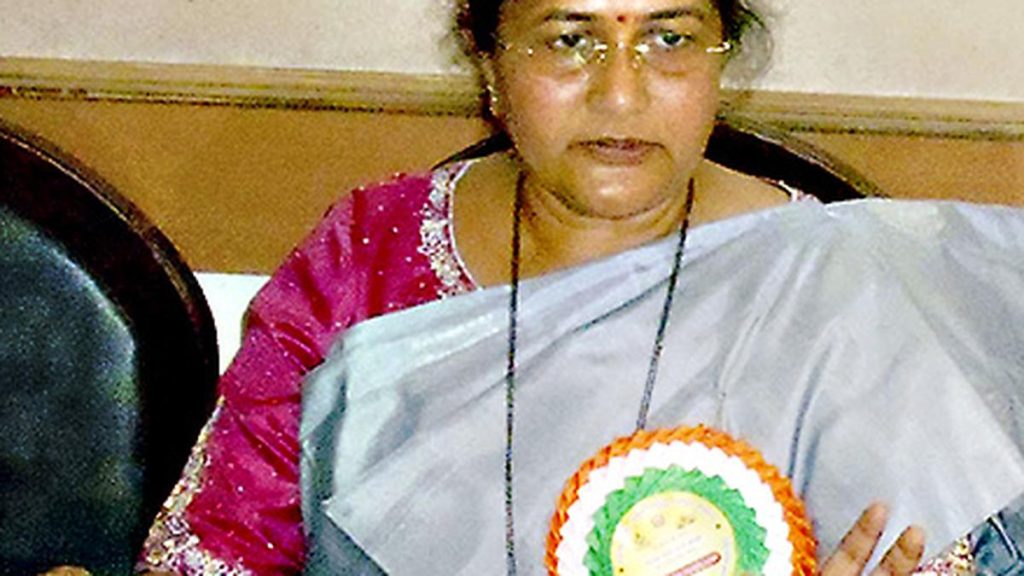Now Reading: SC Grants Interim Relief to TDB in Contract Termination Dispute
-
01
SC Grants Interim Relief to TDB in Contract Termination Dispute
SC Grants Interim Relief to TDB in Contract Termination Dispute

Quick Summary
- Supreme Court Action: The Supreme Court has stayed a Kerala high Court order directing the Travancore devaswom Board (TDB) to pay ₹239 crore compensation to Panchami pax.
- Background: Panchami Pax was contracted for Aravana production at Sabarimala between 1999 and 2007. The company sought compensation citing losses after contract termination.
- Legal History:
– Initially,Panchami Pax claimed ₹8 crore in damages before the MSME Tribunal,which ruled in favor of the company.
– TDB challenged this ruling in Thiruvananthapuram District Court, where the tribunal’s decision was overturned.
– Later, Kerala High Court reinstated Panchami Pax’s claim and ordered payment of ₹239 crore with interest.
- Current Status: A Supreme Court bench comprising Justices Sanjay kumar and S.C. Sharma issued an interim stay on the High Court’s directive.
Indian Opinion Analysis
The Supreme Court’s interim stay is a notable development in this prolonged legal dispute regarding claims for loss compensation by Panchami Pax following its terminated contract with TDB. This case underscores complexities surrounding contractual obligations when large-scale operations like Aravana production are involved, particularly those tied to religious trusts managing sensitive sites like Sabarimala.
From a procedural standpoint, the consistent escalation across tribunals and courts illustrates gaps or disagreements around contractual enforcement mechanisms and financial liability determinations under Indian law. For TDB-a significant body overseeing rituals at one of India’s largest pilgrimage sites-the outcome will have practical implications for balancing tradition-driven responsibilities with commercial partnerships.
Given that ₹239 crore represents a substantial sum potentially impacting resources earmarked for temple management or other activities,close scrutiny during subsequent hearings is expected to ensure clarity on fair dues while avoiding undue financial strain on entities serving public religious purposes.
























